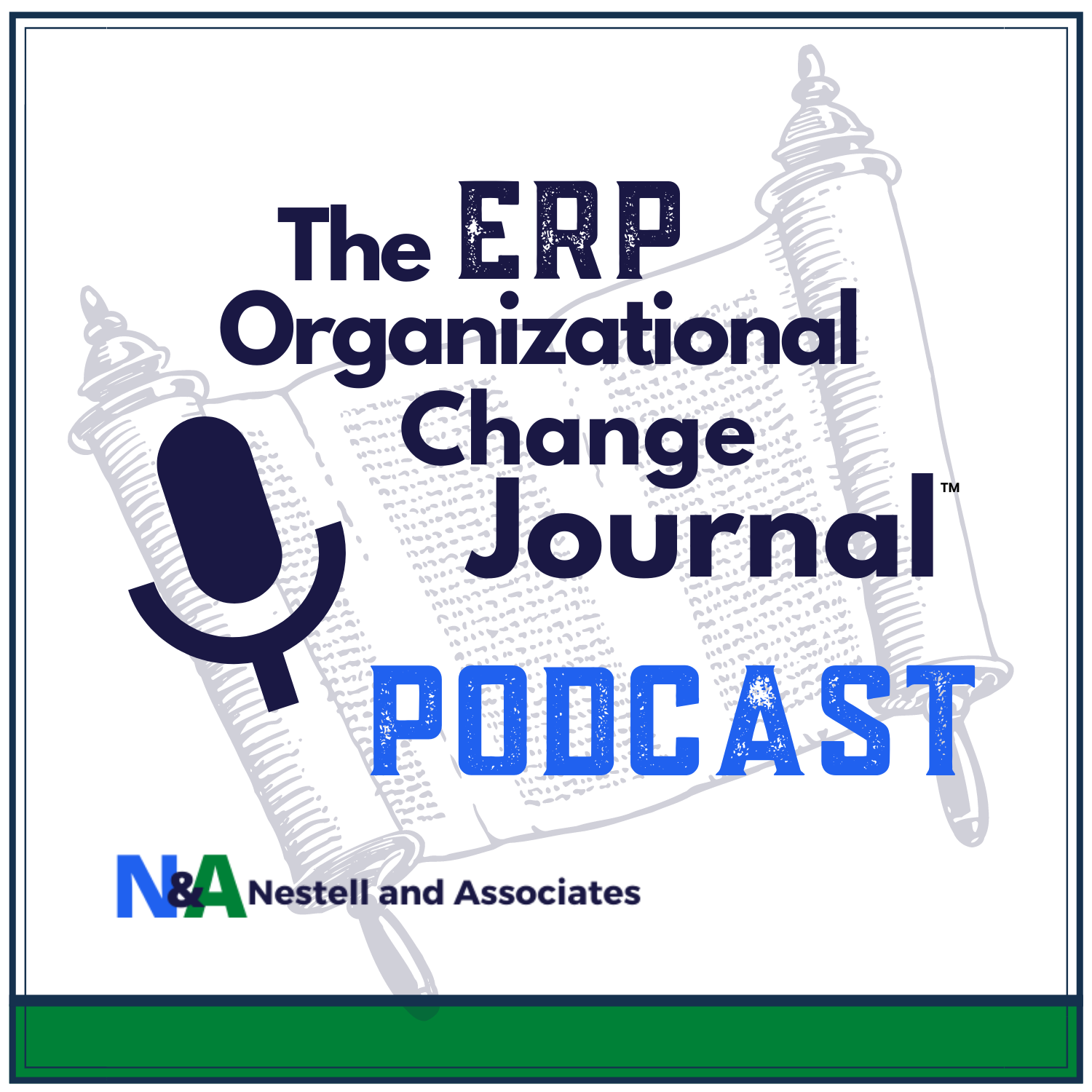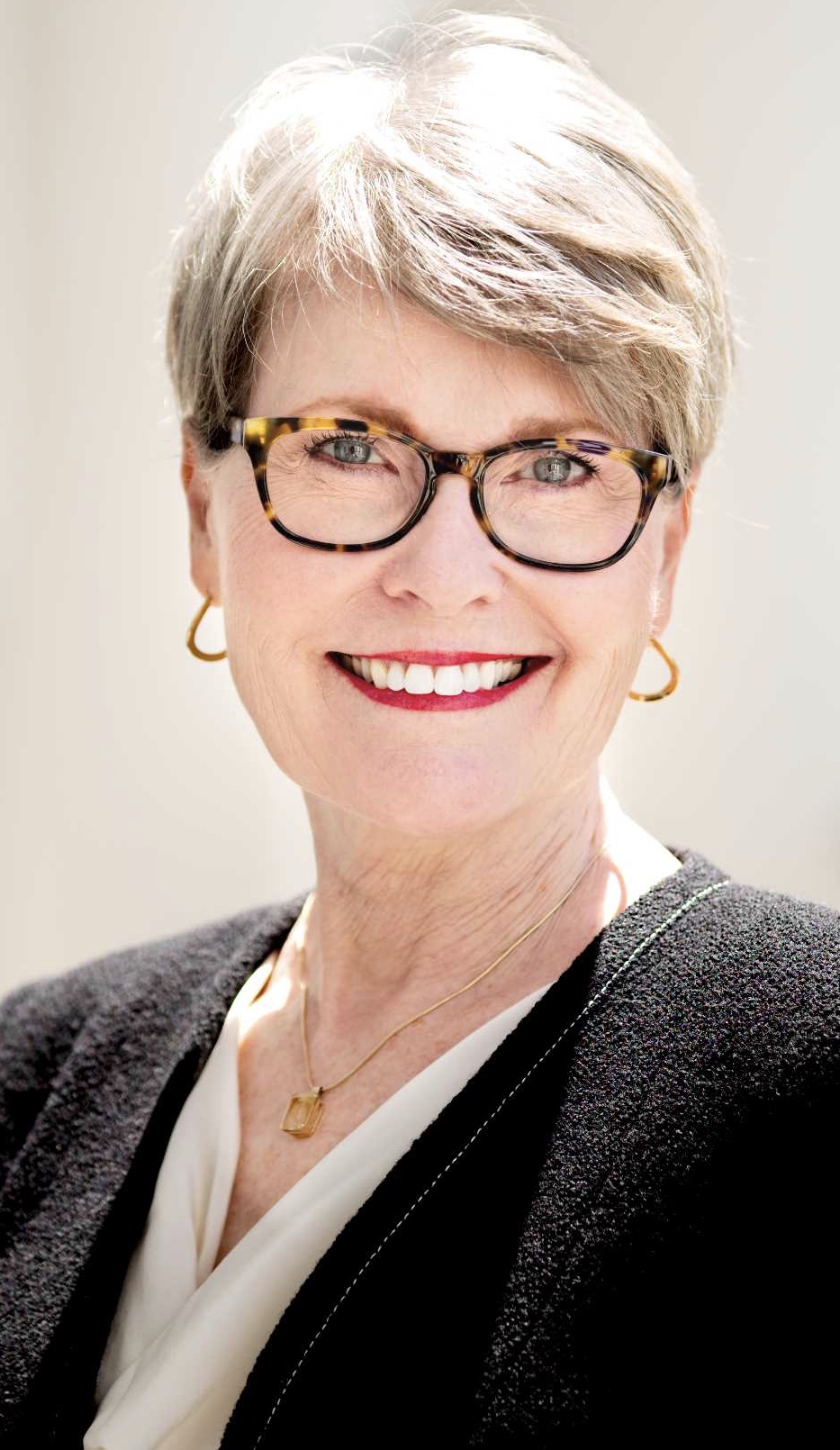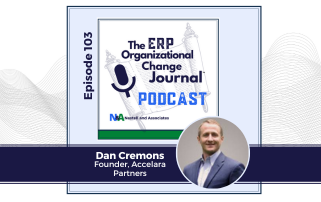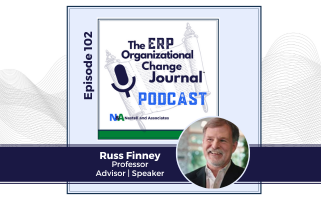About this Episode
In this episode, we discuss “Private Equity: Leading Through M&A and ERP Disruption“ with Dr. Constance Dierickx. We examine high-stakes private equity leadership, leading through M&A change, and managing ERP disruption.
Before Constance launched her successful practice, she, to use her own words “observed firsthand the power of emotion and perceptual distortion on major decisions. Her curiosity about the behavior of clients and colleagues led her to study psychology and business and earn a Ph.D. in clinical psychology, focusing on crisis intervention with individuals and organizations.” Let’s explore more this intersection of business, psychology, leadership, and business disruption.
In this episode, we discuss leadership with Constance as it pertains to private equity M&A disruption in general and ERP organizational change disruption especially.
One thing is certain, the stakes are high in mergers and acquisitions.
Stream this Episode Here and Subscribe on all Major Platforms
We want this podcast to be the most useful podcast you listen to. And we need your help! Please leave us a podcast review!
More About Constance
Constance Dierickx helps senior executives in high-stakes transitions and crisis. Her clients succeed in mergers and acquisitions 400 percent more often than the average. She has consulted with executives in more than 20 countries on five continents.
Prior to her consulting career, Constance was a stockbroker and observed the effect of emotion and social pressure on decisions by both clients and colleagues. Her curiosity about how people make decisions led her to study psychology and business and earn a Ph.D.
She is regularly interviewed by media such as Marketplace Morning on National Public Radio, The Wall Street Journal, and Fast Company.
In addition, she is a contributor for Harvard Business Review and Forbes. She is the author of three books including High Stakes Leadership – Leading through crisis with courage, judgment, and fortitude, The Merger Mindset, and the forthcoming Both/And – The Power of Conscious Decisions.
Connect with Constance
email address: Constance@ConstanceDierickx.com
Episode Resources and Links
Website www.constancedierickx.com
Blog https://constancedierickx.com/blog/
Books https://constancedierickx.com/books/
- High-Stakes Leadership
- The Merger Mindset
Mentions
- Daniel Goleman, “Daniel Goleman is an internationally known psychologist who lectures frequently to professional groups, business audiences, and on college campuses. As a science journalist Goleman reported on the brain and behavioral sciences for The New York Times for many years. His 1995 book, Emotional Intelligence was on The New York Times bestseller list for a year-and-a-half, with more than 5,000,000 copies in print worldwide in 40 languages, and has been a best seller in many countries. Apart from his books on emotional intelligence, Goleman has written books on topics including self-deception, creativity, transparency, meditation, social and emotional learning, ecoliteracy and the ecological crisis.” (https://www.danielgoleman.info/biography/)
- Robert Barsky, https://lsa.umich.edu/econ/people/emeriti/barsky.html
- Denison Consulting, pioneer in organizational culture & leadership management, https://www.denisonconsulting.com/
- Richard P. Feynman, The Nobel Prize in Physics 1965, https://www.nobelprize.org/prizes/physics/1965/feynman/biographical/
- Charlie Munger, https://en.wikipedia.org/wiki/Charlie_Munger
- Daniel Goldman, https://en.wikipedia.org/wiki/Daniel_S._Goldman
- Kohnen, J. B. (2004). Big Change at Best Buy: Working through Hypergrowth to Sustained Excellence. The Quality Management Journal, 11(3), 69., https://www.amazon.com/Big-Change-Best-Buy-Hypergrowth/dp/0891061762
Episode Highlights & More about this Episode
07:14 You had an article that caught my attention. You seem to work between the art and science of behavioral science and on your website, you ask “WHY SMART PEOPLE DO STUPID THINGS”. You state that the reason is that “Usually they have succumbed to very human tendencies that they believe don’t apply to them.” Is this because of lack of reflection and over-confidence?
13:10 You published an article that originally appeared in Forbes titled “HOW LEADERS CAN AVOID THE INSIDIOUS KNOWLEDGE TRAP”. You state a great point “Despite the rapidly expanding literature in behavioral economics and the popularity of some of its well-known concepts, it is surprisingly tricky to put conclusions from research into practical use. Despite the rapidly expanding literature in behavioral economics and the popularity of some of its well-known concepts, it is surprisingly tricky to put conclusions from research into practical use. As the behavioral economic theories suggest, this challenge exists because decisions involve more than knowledge and rational thoughts. Interpersonal and cultural context and emotion play a role, though it’s difficult for some to accept.” Please tell us more.
17:31 In your blog “WHY LEADERS DON’T LISTEN AND WHAT THEY CAN DO ABOUT IT, you share that “A barrier, even for smart leaders, is thinking they are better listeners than they are”. You add “A leader who possesses the confidence in this sort has no need to be the smartest, most knowledgeable person in the room because they trust themselves to learn and adapt to new information.” Tell us more.
22:35 In your blog post “HOW LEADERS CAN MANAGE THE DISRUPTORS AND WHY THEY SHOULD” you state that “disruptors rarely announce themselves, they come in several disguises.” Please explain more.
27:18 I would say that great leaders really recognize the value of self-reflection. I have also wondered if some leaders even know what “self-reflection” even means. In your article “THE PSYCHOLOGY OF SELF-REFLECTION” (Constance | Jan 2, 2020, https://constancedierickx.com/the-psychology-of-self-reflection/) you stated that “Richard Feynman, a Nobel Prize-winning physicist, famously said that it is far easier to fool oneself than to fool someone else. He was right. The tendency for us to avoid what is unpleasant, especially when it involves admitting something about ourselves that is unflattering, is both entirely normal and, at times, very maladaptive.” As leaders (as suggested by research) ERP organizational change often requires effective self-reflection. How can leaders improve self-reflection?
34:32 Your book “THE MERGER MINDSET” helps leaders learn how to adapt and manage as you state, “the powerful undercurrents and interpersonal dynamics at play in the high-stakes realm of deals”. You discuss how there is an appropriate “mindset” that leaders must have effective decision-making. In general, what does that appropriate mindset look like?
36:49 In your book “HIGH-STAKES LEADERSHIP”. Your book seeks to answer the question “Why are some leaders in high-stakes and crises highly effective while others disappoint and some utterly fail? What is the difference?” I know that in our world of Private Equity, this is so true and common. So, in general, and high-level, what is the difference?
39:27 Often during PE ERP organizational change, there are many organizational influences that are often invisible, abstract, and difficult to measure. On your website, you discuss “Making the Invisible, Visible”. And you state that “Constance works with senior executives to enable decisions about matters when the best data is qualitative and behavioral.” So true, please tell more.
43:52 As fellow practitioners, we absolutely benefit from learning from our colleagues and friends, both “boots on the ground” as well as researchers. How would you summarize this conversation? That is if you had to distill your work into 3 or 4 sentences, what would you say to ERP organizational change practitioners?
More Related Episodes from TheERPocj & Blog Posts
Episode 41: Taking Smart Risks: How Sharp Leaders Win When Stakes Are High, Mr. Doug Sundheim
Episode 40: Curve Benders, Mr. David Nour
Episode 39: The Smartest Person in the Room, Mr. Christian Espinosa
Episode 24: Slow Down to Speed Up and Thrive in a 24/7 World, Dr. Liz Bywater
Episode 15: Effective Organizational Change, Dr. Eric Canny
Episode 3: Transformative Leader, Mr. Ron J. West
The ERP Challenge: The Background
Private Equity ERP Pain Point: Missed Dollar and Time Budgets
Latest Episodes
Human Capital in PE-Backed Companies: Strategies for Leadership and Talent Management
Human Capital in PE-Backed Companies: Strategies for Leadership and Talent ManagementEpisode Overview - PE-backed Human Capital Strategies Today’s episode centers on the pivotal role of human capital in PE-backed companies, emphasizing how strategic leadership and...
ERP Organizational Change: Technology Strategy
ERP Organizational Change: Technology Strategy and Keys to SuccessEpisode Overview - Technology Strategy In general, at the highest level of categorization, there seems to be consensus on the importance of people and culture, informational technology, and project...
AI and Private Equity Synergy: Fueling Business Transformation
AI and Private Equity Synergy: Fueling Business TransformationEpisode Overview - AI in PE Strategies In this episode, we explore how AI and Private Equity synergies are fueling business transformations and reshaping investment strategies and operational efficiencies....







0 Comments